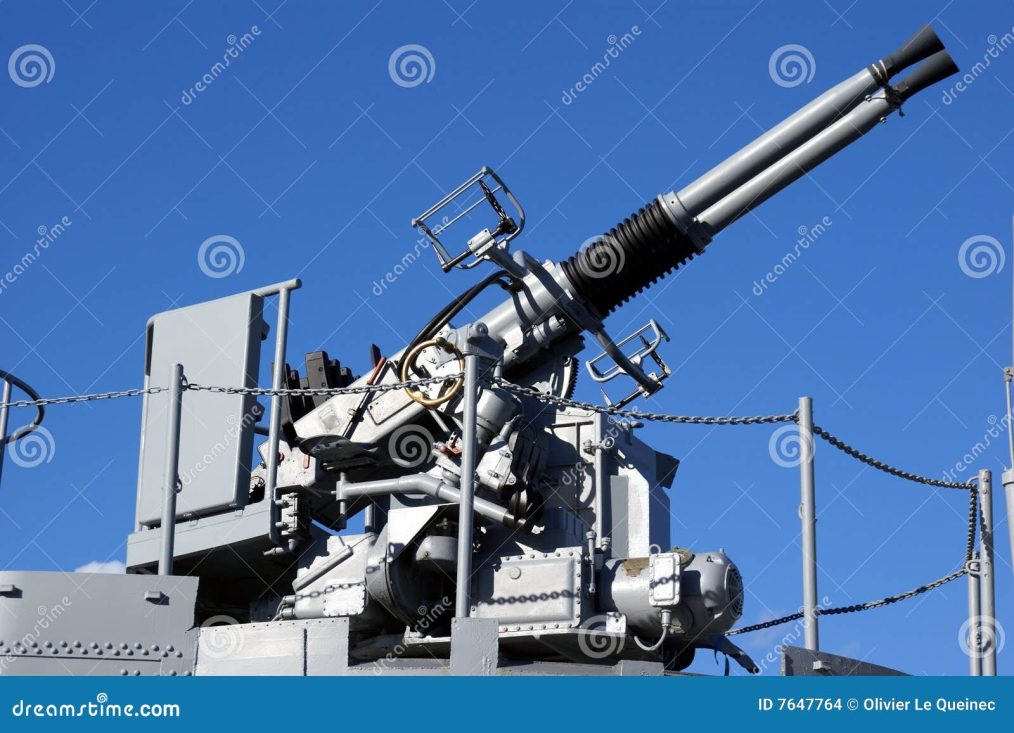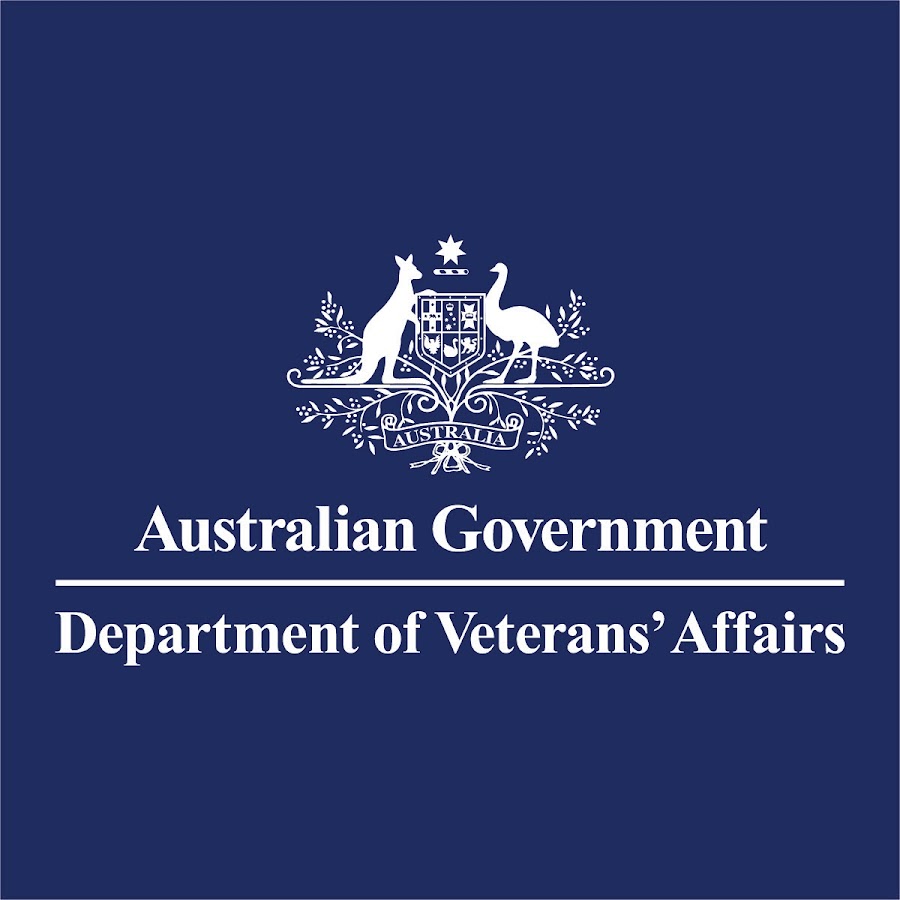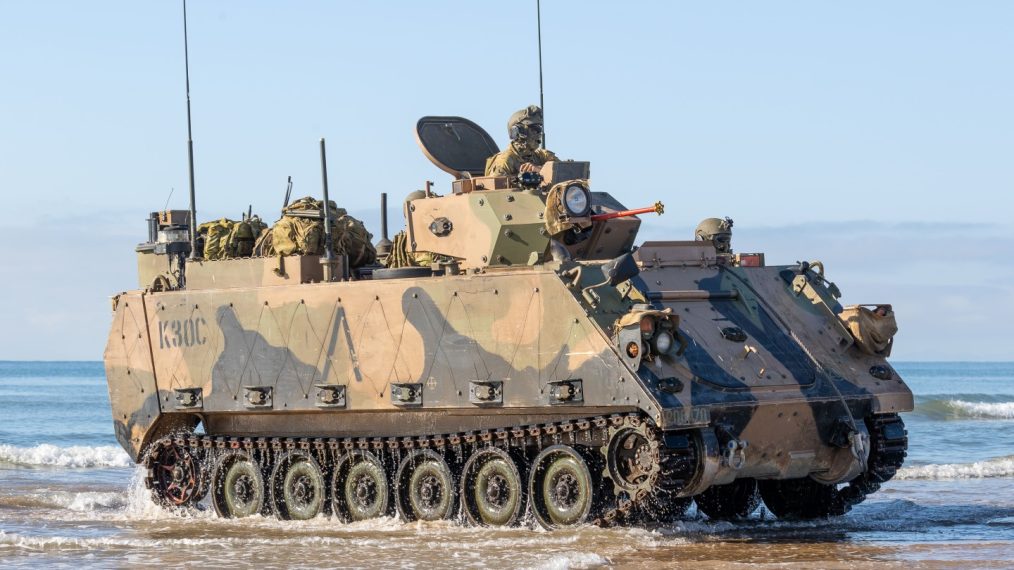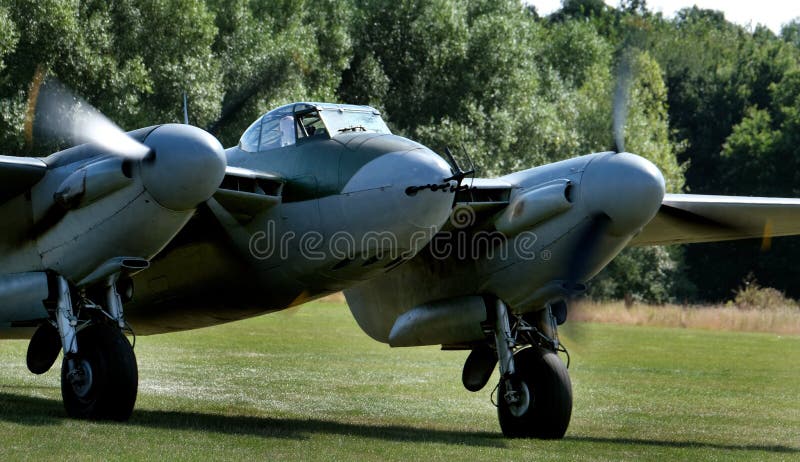The US Navy intercepted and destroyed 21 Houthi missiles and drones launched from Yemen in a significant attack in the Red Sea. The military labelled it a “complex attack” by Iranian-backed militants, amidst escalating tensions related to Israel’s conflict with Hamas in Gaza. Launched on Tuesday at 9:15 p.m. in Yemen, the assault included 18 attack drones, two anti-ship cruise missiles, and one anti-ship ballistic missile. The target was international shipping lanes in the southern Red Sea with numerous merchant vessels. Despite the extensive drone and missile launch, no ships were damaged, and there were no reported injuries.
Houthi military spokesperson Yahya Saree described the attack as a “coordinated offensive” against an American ship supporting Israel. This was in response to what he termed a “treacherous attack” by US forces on Houthi naval units the previous week. US defence efforts involved two destroyers and F-18 fighter jets from the USS Dwight D. Eisenhower, with support from the UK’s HMS Diamond. The incident occurred within the context of Operation Prosperity Guardian, a multinational initiative involving over 20 countries to safeguard shipping in the Red Sea.
The UN Security Council is set to vote on a US-led resolution condemning Houthi attacks in the Red Sea. The event coincided with US Secretary of State Antony Blinken’s Middle East visit, aiming to manage the Gaza conflict and prevent regional escalation. Blinken, during his visit to Israel, emphasized the need for Palestinians in Gaza to return home under suitable conditions, urging the Israeli government to minimize civilian casualties.
The Houthis, backed by Iran, claim solidarity with the Palestinian people through their drone and missile launches. While the initial attacks targeted vessels with ties to Israel, recent assaults, totalling 26 in the Red Sea, were unrelated. The US assesses that 55 nations have direct connections to the targeted ships, emphasizing the global impact and the necessity of an international solution. In a joint statement, the US and other nations warned of consequences if Houthi attacks persist, threatening lives, the global economy, and commerce in critical waterways.








